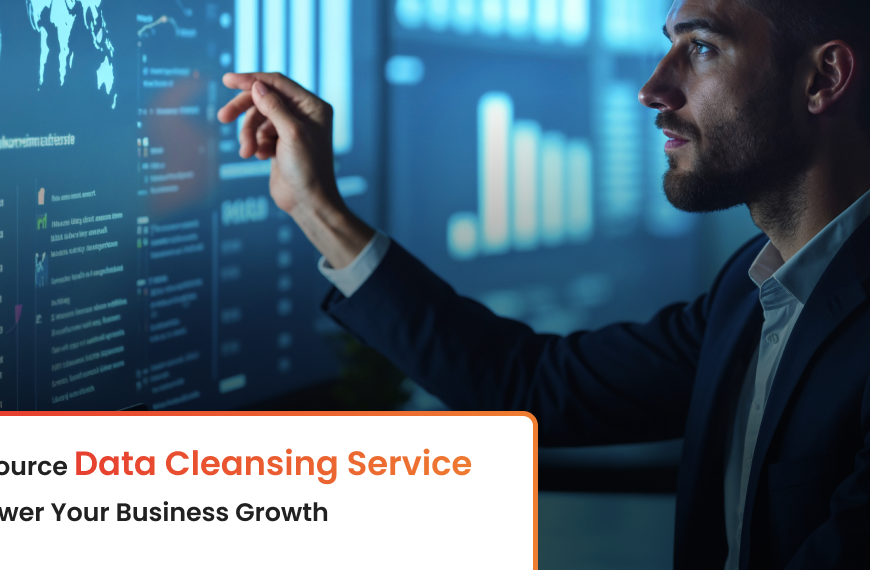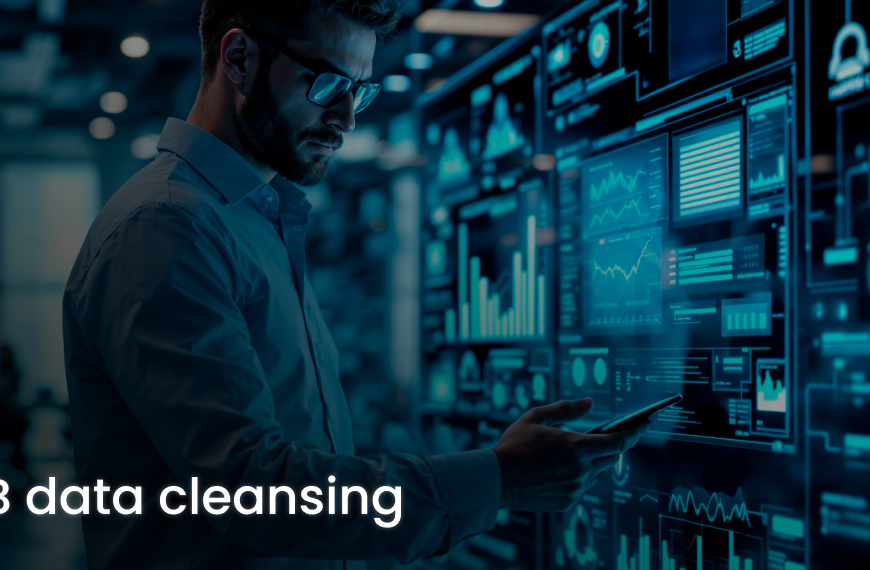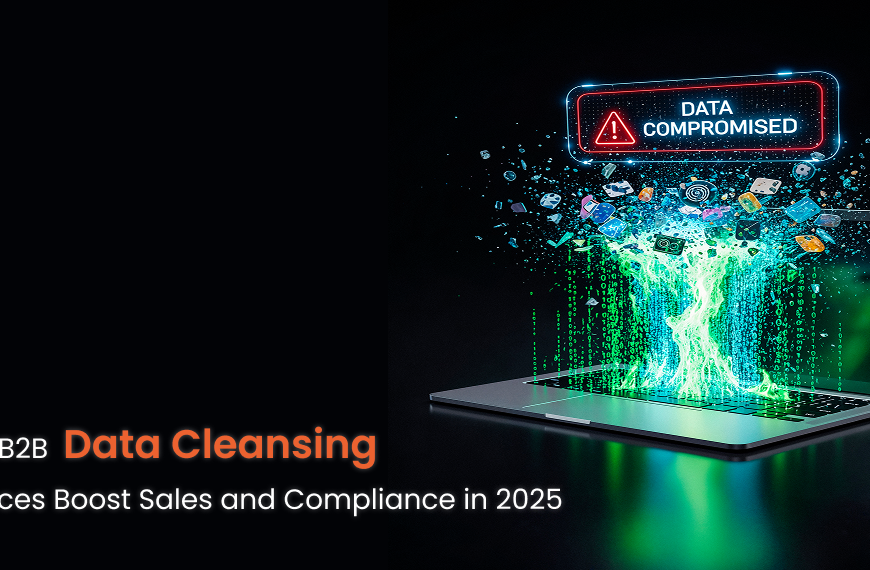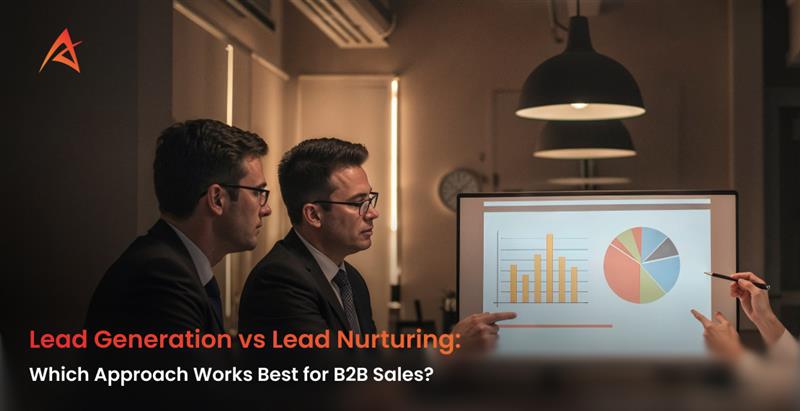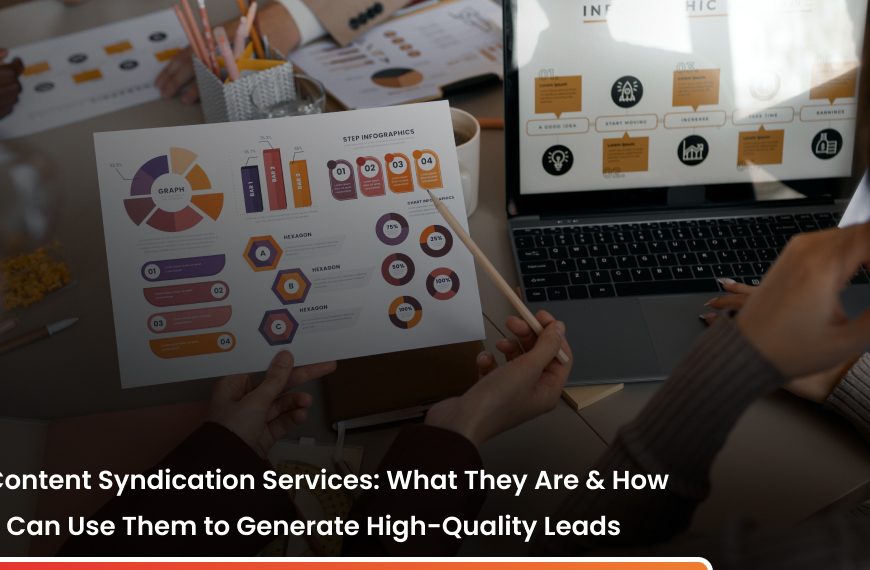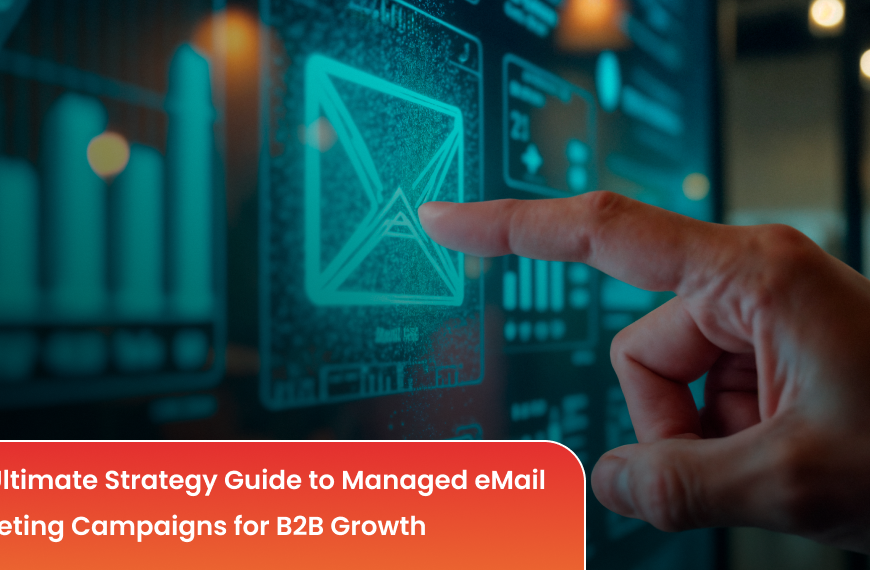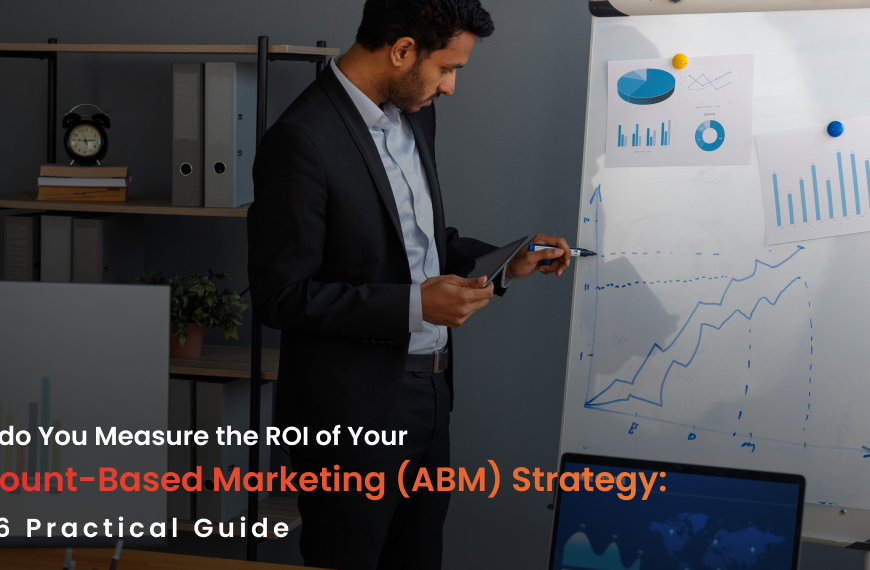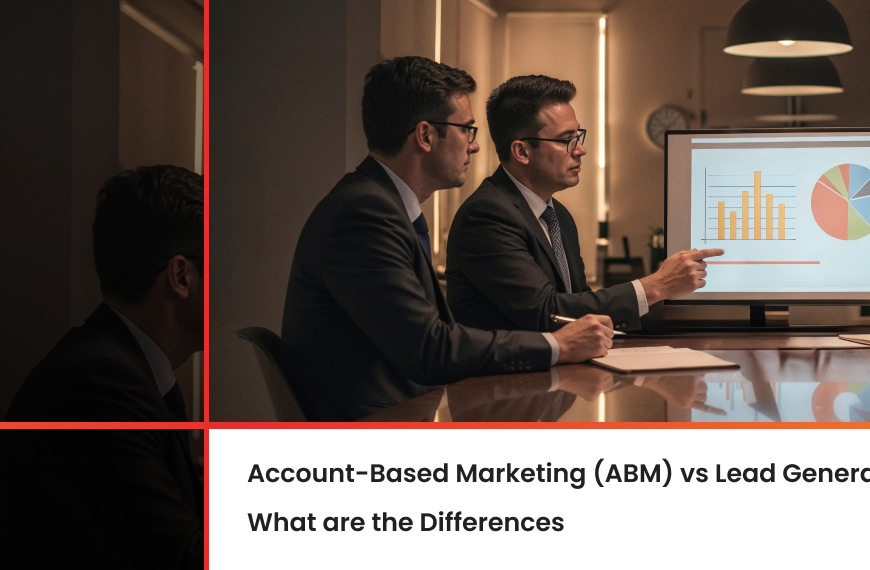Bad data is harmful for any business, irrespective of its size, in a fast-forwarding digital landscape. It quietly drains your team’s energy and business budget. Dirty CRM Data Cleaning can lead to lost revenue, missed follow-ups, compliance headaches, and sales pipelines that grind to a halt.
A 2025 report found that 37% of CRM users lost revenue due to insufficient data, while just 24% trusted that even half their CRM data was accurate. Another industry study estimates that nearly 30% of B2B CRM data goes stale every year, and unclean data can cost companies up to 25–30% of their annual revenue.
That’s why every business must implement a CRM data cleaning solution to protect, maintain, and keep data reliable and ROI-ready. In this blog, we have explained key points on how you can do that. So keep reading to explore those 10 best practices of CRM data cleaning.
What Does CRM Data Cleaning Actually Mean?
CRM data refers to the information gathered, saved, and examined by a customer relationship management (CRM) system about a business’s current and potential clients. Over time, people change jobs, email formats shift, deals fall through, and fields get left blank.
But over time, things change, people move jobs, their email addresses update, deals might not go through, and sometimes information just isn’t filled in correctly.
A good CRM data cleaning company or service can help you keep things tidy regularly by:
- Spotting and correcting errors like typos, missing details, or odd formatting.
- Removing outdated leads and duplicate contacts from your list.
- Making sure all your data follows consistent formats so your reports and automated tasks run smoothly.
- Verifying your records (and even adding more useful details) using reliable outside sources.
Remember, this isn’t just a one-time cleanup task; it’s about building a new way of working and making data maintenance a regular habit.
The 10 Best Practices for CRM Data Cleaning
Let’s explore some practical methods for creating better routines and a CRM data cleaning process that actually works.
1. Give Your CRM Data a Regular Check-Up
Start by carefully examining what you already have. To identify any duplicate records, strange or inaccurate entries, and empty fields, use the tools and reports that are directly within your CRM. Before you start making changes, it’s critical to understand exactly where you stand. Doing this on a monthly or quarterly basis is a good goal; what works best for your business will depend on its needs.
2. Standardize Data At Entry
Different people type addresses, names, and phone numbers differently. The fastest fix? Use dropdowns, date pickers, and validation at the point of entry in your CRM data cleaning solution. This stops the mess before it starts.
3. Automate Deduplication
Every duplicate record is an inefficiency bomb. Automation tools inside most CRM systems (or off-the-shelf apps) can flag and merge duplicates as soon as they appear. Don’t leave this to manual review alone.
4. Confirm and Improve Your Information
It goes beyond what you have right now. Use tools to look up customer addresses, phone numbers, and emails, and verify their accuracy with trustworthy sources. By adding missing company or job title information, data enrichment makes every record much more valuable.
5. Get Rid of the Old Leads
Your sales team is wasting their time pursuing non-existent or uninterested contacts. Develop the practice of routinely eliminating leads that have unsubscribed, bounced emails, or out-of-date information. Maintaining a current contact list helps businesses move their sales process more quickly and receive fewer perplexing “Who are you?” inquiries.
6. Assign Accountability for Your Information
Have you ever wondered who is really responsible for maintaining accuracy? Assign this task to particular departments or team members. When everyone is aware of their responsibilities, there is clear accountability, and your CRM data remains current and clean.
7. Automate Your Data Entry and Verification
The less you have to type things in manually, the higher quality your data will be. Make use of integrations, web forms, and sales processes that can automatically record interactions. Also, run quick checks to catch any obvious mistakes right away.
8. Regularly Review and Refresh Your Data Practices
Both your CRM tools and your business requirements evolve over time. It’s a good idea to take a look at your data management procedures at least twice a year. Just because something worked well last year doesn’t mean it’s still the best approach, especially if you’ve added new ways for customers to connect or new communication channels.
9. Train and Get Your Team Involved
Keep in mind that the effectiveness of a CRM depends on its users. Hence, it is better to organize brief refresher courses and make it easy for your team to point out inaccurate data or suggest modifications to your data cleaning methodology. Consistency is fostered when your team is on board.
10. Plan for Regular Maintenance
Don’t wait until things get messy. Block out time for “data cleaning” on your schedule, perhaps monthly or quarterly, and automate as many routine tasks as you can. Think about making this a key part of your CRM admin’s responsibilities, or consider teaming up with a CRM data cleaning service.
The Business Impact: What Clean CRM Data Really Delivers
- Companies with high-quality data see 12–20% sales productivity gains.
- Nearly 30% of businesses now clean CRM data at least once a month.
- Bad CRM data is behind up to 30% of wasted marketing spend.
- 59% of organizations say clean data is their biggest “quick win” for revenue growth.
How to Choose a Genuine CRM Data Cleaning Service Provider
Not all data cleaning companies are created equal. When looking for a partner who will deliver real results, not just offer a quick, one-off polishing, here’s what we advise any clients to look for:
- Genuine expertise in your specific CRM system (like Salesforce, HubSpot, or Zoho)
- Automation features that can grow with you, so the cleaning process remains effective even as your business expands
- Adherence to current data privacy regulations (such as GDPR and CCPA)
- Dedicated support and clear, open processes
- The capability to provide custom solutions, rather than just standardized services
A Market Force is a standout partner that meets all the above requirements. We are known for tailoring data cleaning solutions to fit a business’s unique challenges. Our dedicated team works across various industries, develops project plans for even the most complex or long-established CRMs, and focuses on creating sustainable, ongoing routines instead of just offering temporary fixes.
Wrapping Up: Ready for Revenue-Ready CRM Data?
Improving your CRM data isn’t about striving for some unachievable technical perfection; rather, it’s about ensuring that your knowledge of your clients is strong enough to support real business expansion. From the first inspection to the subsequent comprehensive cleanup, every effort you make truly pays off in the form of increased sales, more accurate targeting, and a significant decrease in awkward errors made by your team.
So, if you’re ready to get your CRM data ready to generate revenue, now’s the perfect time to get started. Partner with A Market Force today to audit your data properly and automate wherever you can to make it future-ready. Consult with experts to get that truly clean, fresh start.
FAQs About CRM Data Cleaning
1. How can I determine whether the data in my CRM is “dirty”?
A: Keep an eye out for symptoms such as many bounced emails, duplicate contacts, blank fields, or incorrect phone and address formats. Your data most likely feels “off” if reports do.
2. How can CRM data be cleaned the quickest?
A: A data audit should come first, followed by any automation you can (deduplication, format rules). High-value records and edge cases require manual review.
3. How frequently should my CRM be cleaned?
A: Schedule a review at least once every three months. Monthly is even better if you depend on outbound sales because data ages quickly.
4. Are data cleaning companies secure and compliant?
A: Top companies now build GDPR/CCPA compliance and data privacy into their workflows. Always check for industry certifications and transparent privacy policies.
5. Why does clean data boost revenue?
Clean CRM data means faster, more relevant sales follow-ups, better marketing targeting, and much stronger reporting, so no wasted time or ad dollars.
6. What’s the ROI on CRM data cleaning?
Studies show clean CRMs drive up to a 25–30% increase in revenue and substantial reductions in wasted time.



